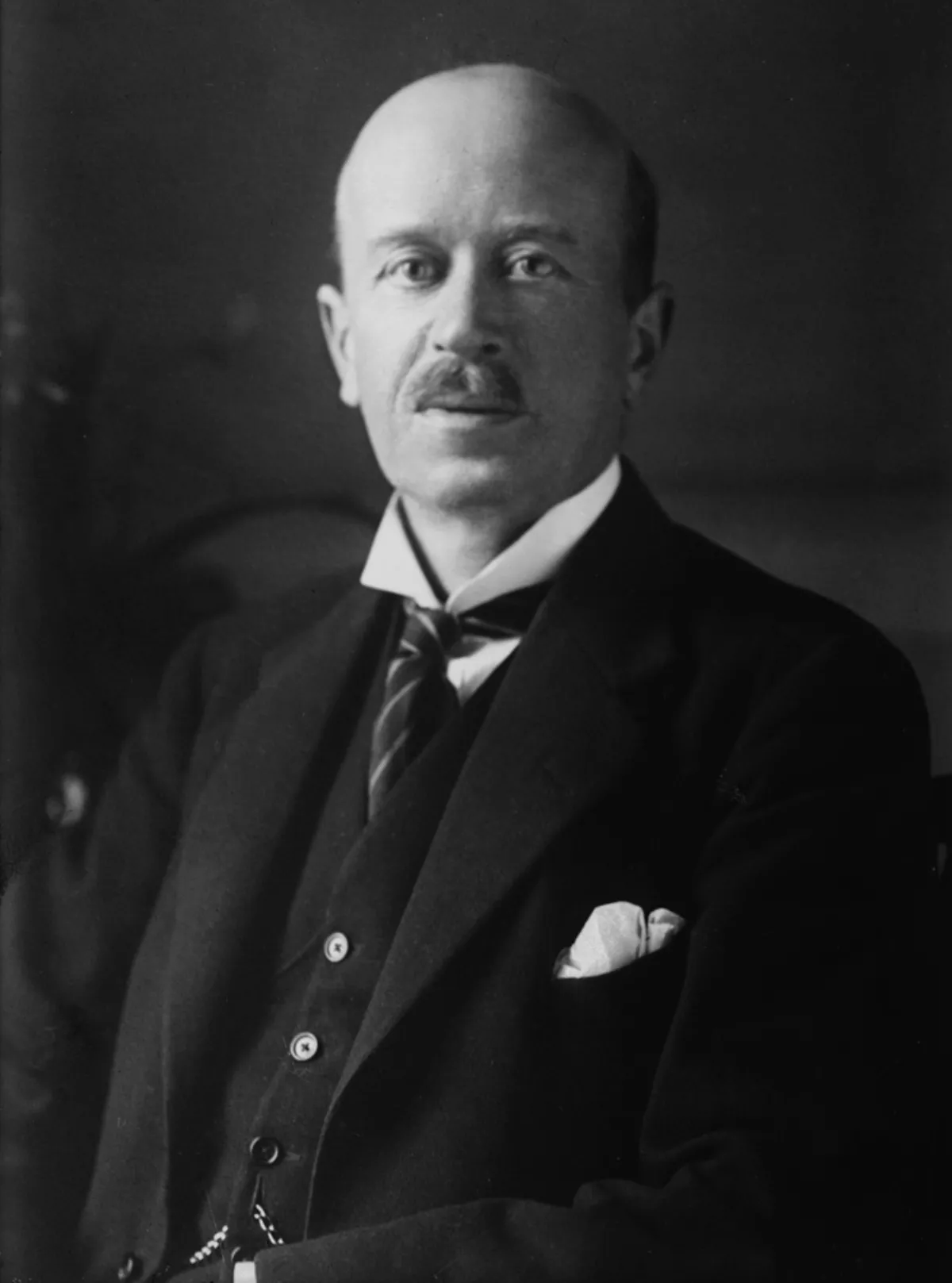 1.
1. Sir Worthington Laming Worthington-Evans, 1st Baronet was a British Conservative politician.

 1.
1. Sir Worthington Laming Worthington-Evans, 1st Baronet was a British Conservative politician.
Laming Worthington-Evans assumed the prefix surname of Worthington by Royal Licence in 1916, although he had been calling himself Worthington Evans for many years.
Laming Worthington-Evans was commissioned into the part-time 2nd Middlesex Artillery Volunteers in 1891 and was promoted lieutenant in 1893 and captain in 1897.
Laming Worthington-Evans served as temporary major in the First World War.
Laming Worthington-Evans was made a Baronet, of Colchester in the County of Essex, in 1916.
Laming Worthington-Evans served in David Lloyd George's coalition government as Parliamentary Secretary to the Ministry of Munitions from 1916 to 1918, and as Minister of Blockade in 1918.
Laming Worthington-Evans was one of the British delegates to the International Economic Conference at Genoa in 1922.
Laming Worthington-Evans served under Baldwin as Postmaster General between May 1923 and January 1924.
Laming Worthington-Evans served on various Cabinet Committees, including those relating to Northern Ireland and Unemployment.
Laming Worthington-Evans became chairman of the latter in August 1923.
Laming Worthington-Evans served in Baldwin's second government as Secretary of State for War.
Laming Worthington-Evans was a member of several Conservative and Unionist Party committees including the Policy committee which he chaired in 1927.
Laming Worthington-Evans's death caused the 1931 Westminster St George's by-election at which the seat was won by Duff Cooper, a result seen as an endorsement of the continued leadership of Stanley Baldwin.
Laming Worthington-Evans married Gertrude Hale in 1898 and had one son and one daughter.
Laming Worthington-Evans died in February 1931, aged 62, and was succeeded in the baronetcy by his son, William.
The papers of Laming Worthington-Evans are held at the Bodleian Library, University of Oxford.